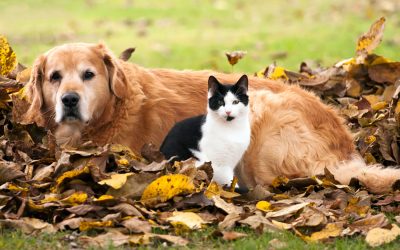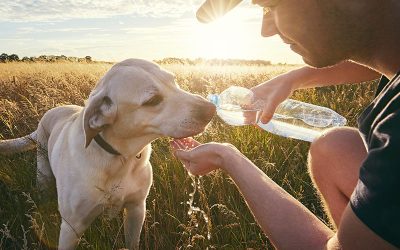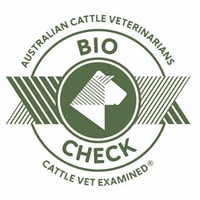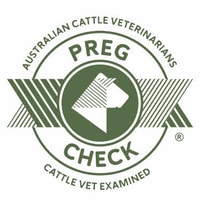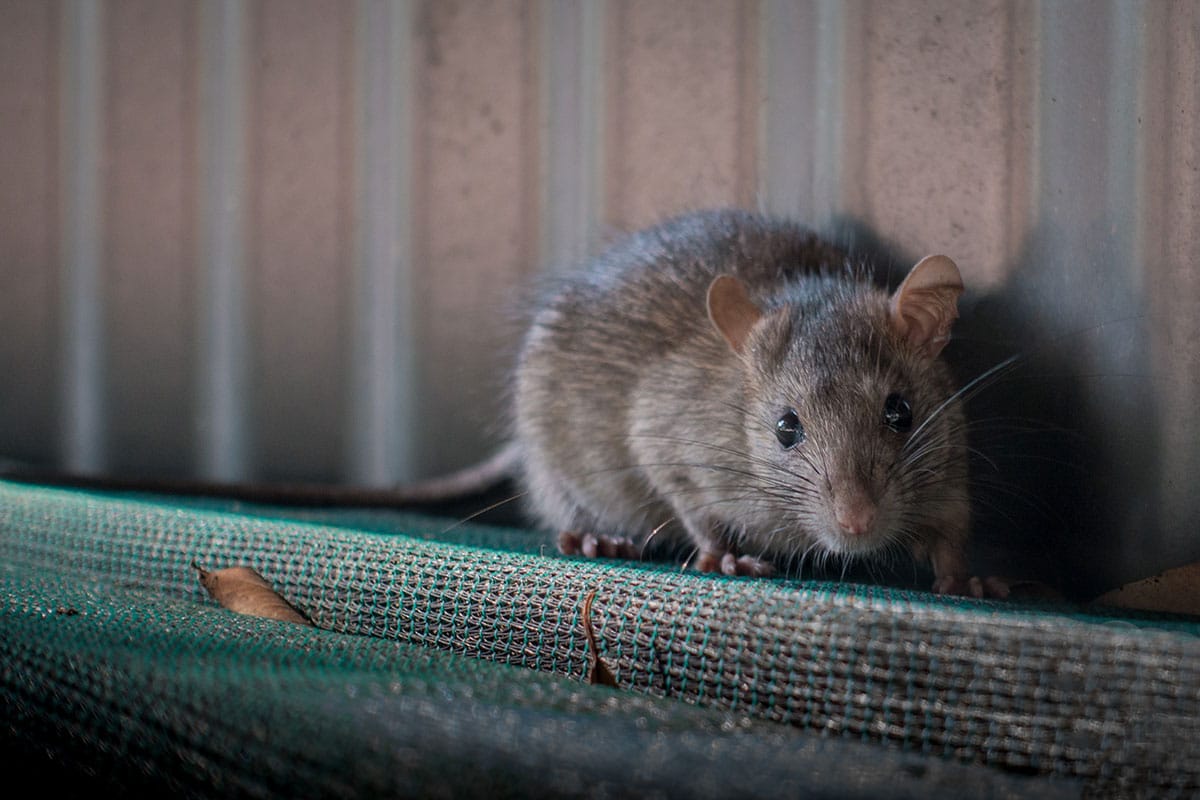
Take care when choosing rodenticides this winter as it could mean the difference between life or death of your pet. Not all baits are equal in their toxicity and you should always refer to the ingredients listed on the product.
There are three key types of Rat Bait:
SINGLE DOSE ACUTE POISONS (metal phosphides – zinc, aluminium, magnesium & calcium) which lead to quick death of rodents and are very high risk to other animals that eat the bait directly.
- Once bait containing Zinc phosphide are ingested by the rodent, the pesticide reacts with the stomach acid in the digestive system to produce a toxic phosphide gas.
SINGLE DOSE ANTICOAGULANTS (broadifacoum, flocoumafen & difenacoum) are all highly lethal anticoagulant poisons which lead to a slower death of the rodent but are also toxic to non-target animals.
- Single dose acute poisons & anticoagulants leave high poison residues in the rodents. This creates a high secondary risk to pets, working dogs, and bird life who might consume carcasses. They are also potentially lethal if ingested directly.
MULTIPLE DOSE ANTICOAGULANTS which kill in around the same time as the single dose anticoagulants but with a much lower risk to other animals.
- These rodenticides reduce the risk to non-targeted animals that eat poisoned rodents or ingest the bait directly. Rodents must ingest multiple doses, metabolising the toxin over several days for it to take effect. This leads to significantly lower residues in the dead or dying rodents. If these are ingested by non-target animals, the risk of harm is very low.
Using bait stations is vital to minimise the risk of direct poisoning but they do not prevent secondary poisoning. In cases where bait stations have been used, we still see high levels of toxins in the dying rodents, which is enough to also poison the dog/cat. Treatment can include blood transfusions and can cost a significant amount to treat the dog/cat and save its life.
In some cases where people do not use any form of rodenticide, their pets have still been affected by infected rodents that have wandered from adjoining properties.
In summary, rodenticides are a successful way of eradicating large infestations of rats and mice. However, homeowners & farmers should consider the type of bait they purchase and its potential risk to children, pets, working dogs & wildlife.
RELATED ARTICLES
Arthitis Awareness
Ouch! Do you ever experience sore joints on a chilly morning?Like humans, our furry best friends can experience aches and pains caused by arthritis. These pains can become more intense over the cooler months - let us teach you a little about this common condition, so...
Separation Anxiety
You've likely been spending lots of time at home during the pandemic, and no doubt your dog has enjoyed this quality time with you. If like many, you've welcomed a new furry family member into your home during this period, they'll be very used to having you around...
Hot Weather & Heatstroke
We all love spending quality time with our pets on a hot summer’s day. However, we need to stay vigilant in summer, as the warmer weather can expose our pets to several dangers. One of these dangers is heatstroke. Heatstroke, or hyperthermia, occurs when your pet’s...
Hot-spots
Hot-spots are a common problem amongst dogs, and some breeds like golden retrievers, labradors, and rottweilers may be more susceptible to these than others. What is a hot spot? A hot-spot can otherwise be known as a ‘moist skin rash,’ acute moist dermatitis, or...
RELATED
ARTICLES
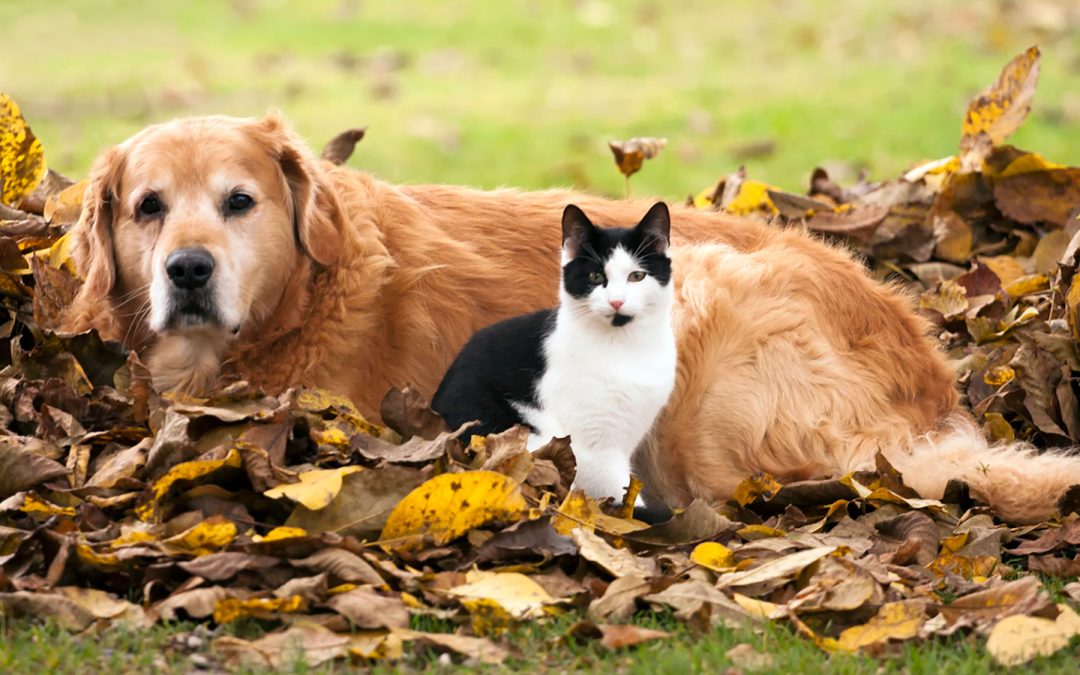
Arthitis Awareness
Ouch! Do you ever experience sore joints on a chilly morning?Like humans, our furry best friends can experience aches and pains caused by arthritis. These pains can become more intense over the cooler months - let us teach you a little about this common condition, so...

Separation Anxiety
You've likely been spending lots of time at home during the pandemic, and no doubt your dog has enjoyed this quality time with you. If like many, you've welcomed a new furry family member into your home during this period, they'll be very used to having you around...

Hot Weather & Heatstroke
We all love spending quality time with our pets on a hot summer’s day. However, we need to stay vigilant in summer, as the warmer weather can expose our pets to several dangers. One of these dangers is heatstroke. Heatstroke, or hyperthermia, occurs when your pet’s...

Hot-spots
Hot-spots are a common problem amongst dogs, and some breeds like golden retrievers, labradors, and rottweilers may be more susceptible to these than others. What is a hot spot? A hot-spot can otherwise be known as a ‘moist skin rash,’ acute moist dermatitis, or...
Call Us Today To Discuss Your Animal Needs
Business Hours Phone: 07 4693 2233




